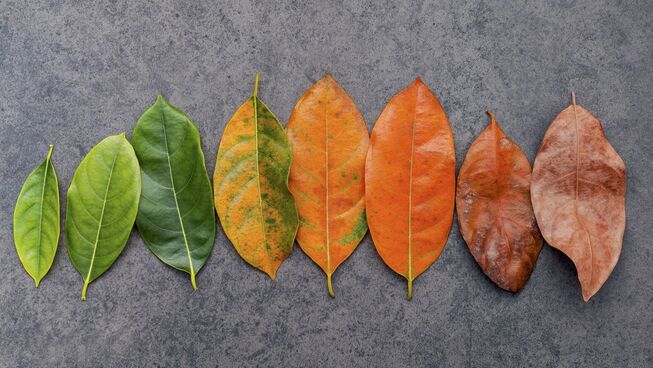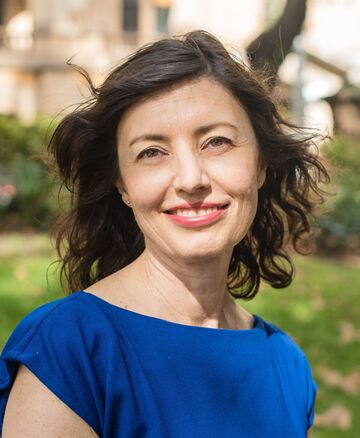
Lately I’ve been toying with the idea of blepharoplasty. It’s surgery where they remove excess skin from around the eyelids. I recently learnt that our eyelids stretch with age. Mine have stretched enough that when I was in a cosmetics store, I was told not to bother with eye shadow because my eyelids were so hooded. That comment obviously bothered me, because here I am, contemplating blepharoplasty.
I grieve the loss of my smooth eyelids from my early 30’s. Every so often it hits me that my body is not what it used to be.
I found this comment from a LA Times article illuminating:
If you’ve ever yanked a gray hair, made a joke about our aging [American] political leadership [e.g. President Biden] or shaved a few years off your age in conversation, then you probably have an inner ageist too. Most of us do. This is the deep part of ourselves that has us convinced that becoming old makes us useless, worthless, ugly and irrelevant. It’s also the part that leads some of us to spend thousands of dollars each year to fight any sign of getting older with personal trainers, fillers, botox and a staunch refusal to slow down.
But the battle against age is ultimately unwinnable. No matter how old you are, aging is coming for you too.
My inner ageist now surfaces on every work zoom call. When my camera is on, I am confronted with my sagging eyelids. There is a part of me that’s convinced that becoming old is making me ugly and by implication useless, worthless and irrelevant.
I don’t believe my inner ageist was born in that cosmetics store conversation. I suspect it’s always been there. It’s just that now it’s getting an opportunity to surface and enjoy the attention.
How can we become less afraid of something that is inevitable?
Firstly, it's about noticing when the inner ageist is speaking. What goes through our heads when we see an older person shuffling across a road? What do we say when we notice our parents are more sedentary than they used to be? What do we feel when we suddenly realise we are the oldest person in the room?
Or from another perspective: do we find ourselves having milestones for experiences in life which, when we think about it, reflect a cultural norm?
Secondly, it’s a question of the source of our identity. The LA Times article was deeply insightful:
If our identity is rooted in how we look and that’s all we know, then we are going to do everything we can to prop up our self-image for as long as we can. It’s our only value. If our identity is rooted in what I call “the doer” — what we do, what we produce, how we succeed — then we are going to keep “doing” for as long as we can. So if we can begin to learn how to cultivate an inner life, then we’re going to focus more on that and less on how we look and what we do.
So it’s about cultivating an inner life - something that is independent of how we look and what we can do.
I know for me, as a follower of Jesus, cultivating my inner life is all about finding more and more of my ultimate identity in Jesus.
When I turned 30 (and still had good eyelids!) I bought myself a pendant, as a birthday present. I had “Live for Him” engraved on the back. It was based on these words:
“And he [Jesus] died for all, that those who live should no longer live for themselves but for him who died for them and was raised again”. [2 Corinthians 5:15]
I did this to remind myself that my life’s purpose is to live for the one who died for me and was raised to life again.
So will I get the blepharoplasty, you ask? Whether or not I do, the real question is whether I can make peace with my inner ageist.
And I can. When I am mindful that my life is about living for Jesus, my sagging eyelids are no longer the frontline make or break issue. When I have Jesus at the front of my mind, I know that while I might be ageing, I will never become useless, worthless, ugly or irrelevant to him. And that ultimately is very freeing as I negotiate the challenges of getting older.
Q. Have you noticed your inner ageist?
Q. “…personal trainers, fillers, botox and a staunch refusal to slow down”. How do you attempt to resist ageing?
Q. What cultural norms associated with age have you internalised and now come to see as untrue or unhelpful?
Q. How are you cultivating your inner life?






